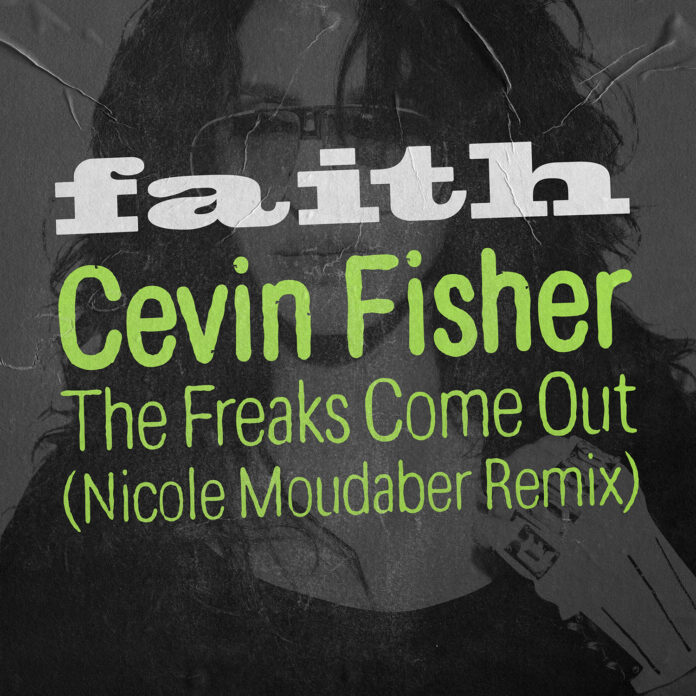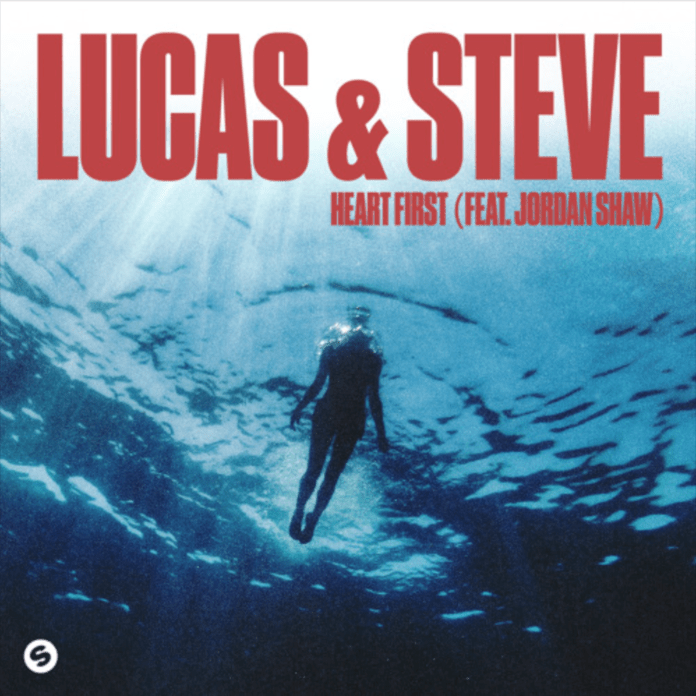In America, Manga has been on an upward trend in both sales and popularity. This trend is clearly visible when you step into a bookstore as manga sections have slowly grown from the single shelf of titles you would find in the early-2000s to the massive walls that now dominate many major outlets. Gone are the days where only a handful of big-name titles got translated and sold in America. Now many smaller titles are getting their time in the spotlight.
Recently an article headline went viral on Twitter, claiming that Demon Slayer single-handedly outsold the American comic industry. The article claimed that Demon Slayer sold 100 million copies, while American comics had only sold 15 million units. This is untrue and is based on incorrect numbers, comparing Demon Slayer's number of volumes in circulation with the sales of only the top 750 American comics from one group of retailers. But the fascinating thing about the article's viral spread is that people believed it. When presented with the idea that a single manga could outsell the entire comic book industry, most people didn't think it was outside the realm of possibility, showing that the general public has clearly noticed this growth.
While Demon Slayer isn't single-handedly beating the American comic industry, the manga boom is clearly visible in the sales figures. NDP Bookscan's top-selling Adult Graphic Novels list for April 2021 is dominated by manga, with the medium occupying every slot in the top 20. Even more impressively, 19 of the top 20 are titles from Viz Media. My Hero Academia Volume 27 takes the top spot, and previous volumes occupy two other slots on the list. The other big players are Demon Slayer, Jujutsu Kaisen, and Chainsaw Man, holding nine slots, three slots, and two slots.
In fact, to find a Western comic in the top 20, you have to go back to February, where In Love & Pajamas, by webcomic creator Catana Chetwynd took the top spot, however even then, it was the only Western comic in the list. Compare this to April 2019, where 7 titles in the top 20 were by Western publishers. However, even in April 2019, My Hero Academia held ten places on the list, including the number two position.
When asked about this trend by CBR, Viz Media said that "Interest in manga is currently at an all-time high in America, and publishers cannot keep up with the demand for printed books." According to Viz's statistics, "Manga sales increased by nearly 43% in 2020, and according to NPD Bookscan, the manga buying spree continues in 2021. Sales of print manga titles in the U.S. increased by 3.6 million units in the first quarter of 2021 compared to the same period in 2020," which is an impressive feat considering how tumultuous 2020 was and how many people were unable to visit physical bookstores.
Many have tried to explain this trend, and several arguments have come to the forefront. One of these arguments is that, unlike American comics, manga is easier to follow as mainstream superhero comics tend to have a tangled continuity of reboots and retoolings that constantly change. However, while this criticism of the comic book industry is valid, it is a short-sighted view. Many independent non-superhero comics, especially those using digital distribution, are still selling well. And, if people stop reading American comics, there is no guarantee that they'll start reading manga.
Part of the boom is attributed to the increased promotion and availability of manga. Both Demon Slayer and My Hero Academia have benefited from the popularity of their anime series and related movies. This is visible in April's sales, with Demon Slayer getting a boost due to the release of Demon Slayer: Kimetsu no Yaiba the Movie: Mugen Train.
At the same time, Funimation added the Demon Slayer TV specials to its streaming services, generating new hype for the already popular series. However, there is one outlier to this: Chainsaw Man has been selling a remarkable number of copies despite not having an anime adaptation, showing that the boom isn't all due to cross-media synergy and that titles can do well without an anime adaptation.
A notable trend in the listings is that many manga series will appear on the best-seller list several times, having their current volume and several previous books represented. This could be because newer readers are making their first steps into the franchise, likely due to hearing about it from someone else. In this way, you could argue that, for manga, success begets success, as the more a series is read, the more it will be talked about and that talk will bring in new readers. This leads to titles dominating the best-sellers list for months at a time, as every new release brings in new readers who will buy previous volumes.
Sometimes, however, stories simply catch the zeitgeist. They are released at a time when people want exactly what that story is offering. All of the best-selling manga are selling well primarily because they are good stories that have captured the attention and imaginations of the public. The skill and talent of those in the industry shouldn't be downplayed during this conversation. Manga's success isn't merely a lucky accident or due to the failure of those in another creative field.
The upward trend in manga sales shows no signs of stopping any time soon, especially when series like My Hero Academia and Demon Slayer are still releasing volumes and are continuing to get anime adaptations. While it is tempting to write this boom up to one single factor, that would be a huge misrepresentation of reality. Many different factors have combined to create the demand for manga, and the amount these factors affect things vary depending on the individual consumer. Regardless of the cause, it is fantastic that artists and writers can share their creativity with the world. And international readers can find stories they love, no matter their country of origin.
About The Author

